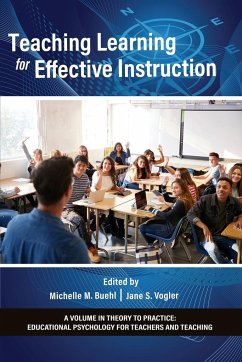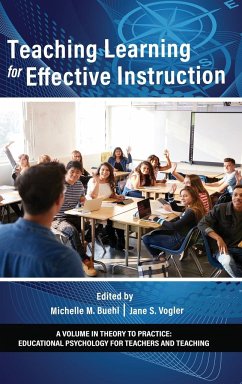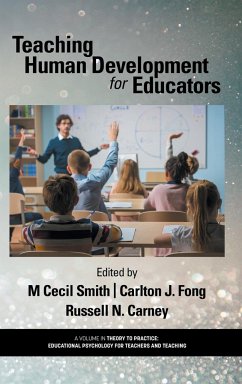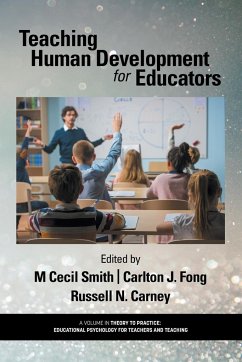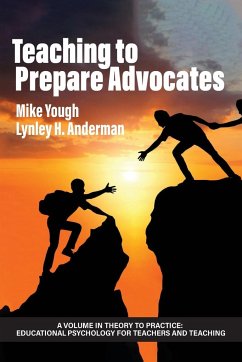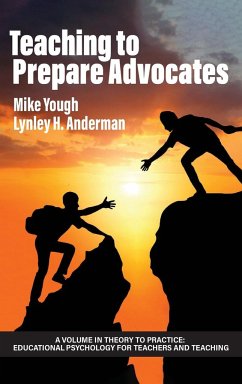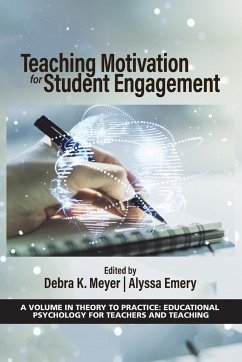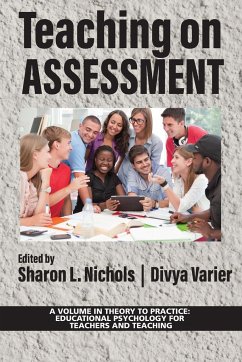Given the complexity of learning, an increasingly diverse student population, and growing demands on today's teachers, educational psychology has never been more relevant for informing instructional practice. Notably, an understanding of learning, both what it is and how it occurs, is essential for teachers to design and implement effective instruction that is responsive to the needs of their learners. As part of the six-part series Theory to Practice: Educational Psychology for Teachers and Teaching, this volume highlights what and how teacher educators should teach about learning so that developing teachers will be more effective in their instructional practice. Preservice teachers represent a group of unique learners; in that they are learning about learning in order to support others' learning. Similarly, teacher educators represent a unique group of educators in that they are guiding others in not just content knowledge but also in how to teach content across a variety of domains. As a means to highlight the ideas and constructs most essential for preservice teachers to learn, this volume was crafted for teacher educators, whether teaching educational psychology content incorporated into domain-specific courses or in a dedicated educational psychology course. Each chapter offers insight into what teachers need to know about learning as well as practical applications for how to teach the content. Chapters draw from a variety of theoretical perspectives about learning and identify common misconceptions that educational psychology instructors and teacher educators need to address in their work with preservice teachers.

